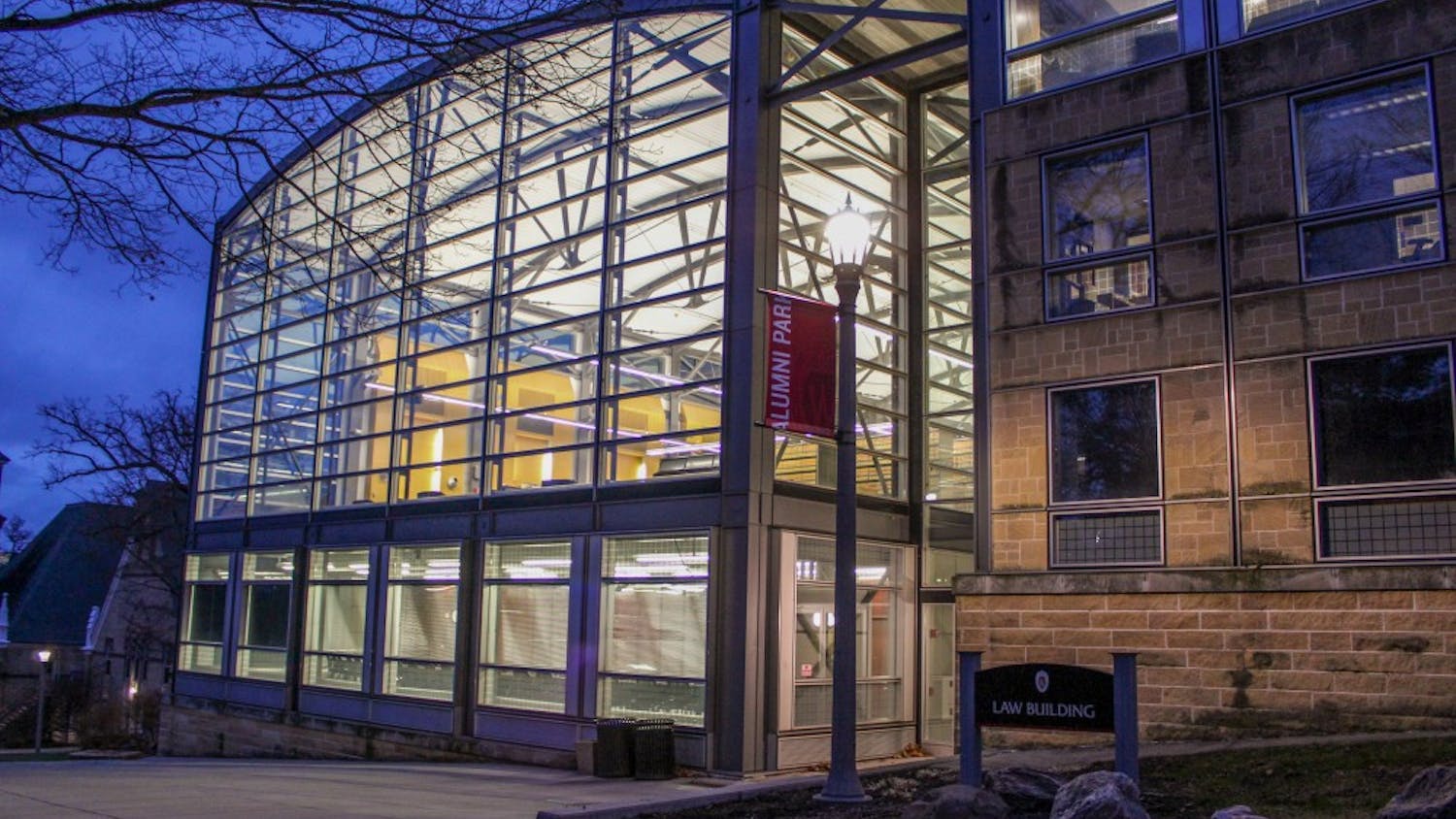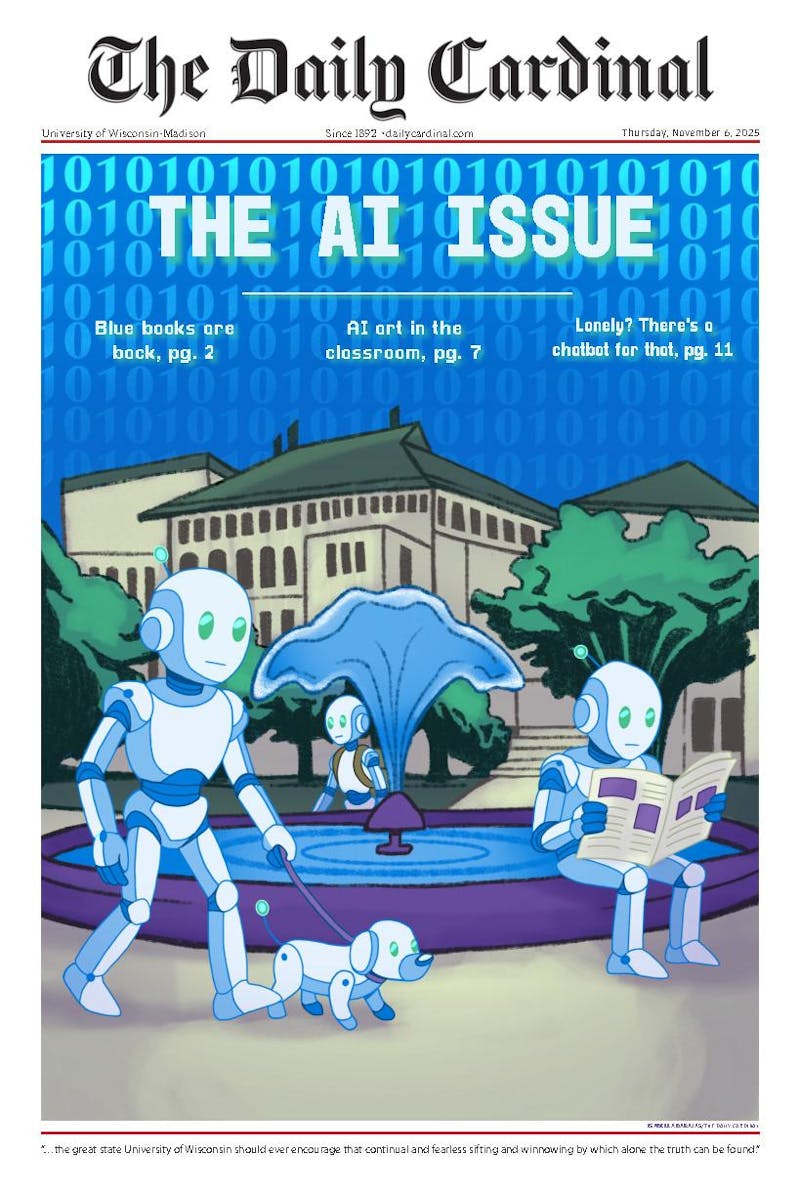In the midst of midterms and finals UW-Madison students often find it difficult to receive help from professors with crowded office hours, but with the Greater University Tutoring Service looking to expand its services, help may be more readily available to students.
Shuhan He, a senior at UW-Madison, said he has big plans to expand GUTS to include Skills Acquisition Guiding Experience. The program would provide peer-mentoring groups, beginning in the Zoology department. SAGE would eventually expand to all departments on campus that wish to collaborate with GUTS.
He said the current peer mentoring system on campus is inefficient. He envisions the SAGE program transforming peer mentoring on campus, allowing it to be more accessible to students of all majors.
""The expansion's goal is to create an organized, coordinated campus wide effort to integrate a …[peer mentoring service] into every large lecture series on the UW-Madison campus by 2015,"" He said in his expansion plan proposal. He said he thinks the program will become a unique aspect of UW-Madison education that other universities around the country will not have.
""[Currently] every department that wants a peer mentoring program does it on their own blood and sweat,"" He said.
With the creation of SAGE, the organization will serve as a nexus, providing the logistical organization a peer mentoring system requires for departments to focus on teaching students.
He experimented with a trial run of the SAGE program in Biology 151 in the fall semester. He started by selecting six students from the lecture who were passionate about learning biology and who had an open mind about learning new study techniques.
In the group, He required his peers to excel in biology. They met once a week for two hours, and each student was asked to present one of the six major topics from lecture that week. The method allowed students to learn from and teach each other.
He took the first step in expanding the program at the beginning of the spring semester. He selected 15 peer mentors to lead their own peer study groups. The students met with him once a week to discuss the progress of the peer groups and to brainstorm new ideas for future sessions.
Jean Heitz, a faculty member in the zoology department, who helped He develop his expansion plan, said both the peer mentors and tutees would benefit greatly from the program.
Dan, a UW- Madison sophomore and current peer mentor for Biology 151, said many mentors worry about their relationships with their students because they were close in age. He said SAGE helped him to gain respect from his peers while leading them in group discussions.
""It's given us a lot more confidence,"" he said.
Chancellor Biddy Martin's Madison Initiative for Undergraduates favors the implementation of the SAGE program, according to He.
One of the three goals of the initiative is ""to ensure that UW-Madison can provide critical student services, such as … peer-mentoring programs to prepare them more effectively for a changing world of work,"" as listed on the Initiative's website.
In his proposal, He said as the supplemental tuition charge is phased in for the initiative, SAGE would be able to expand because of increased funding.
Heitz said there has been a 95 percent satisfaction rate from the students who have participated in SAGE peer groups, and they are hoping to maintain the rate as the program moves forward.






